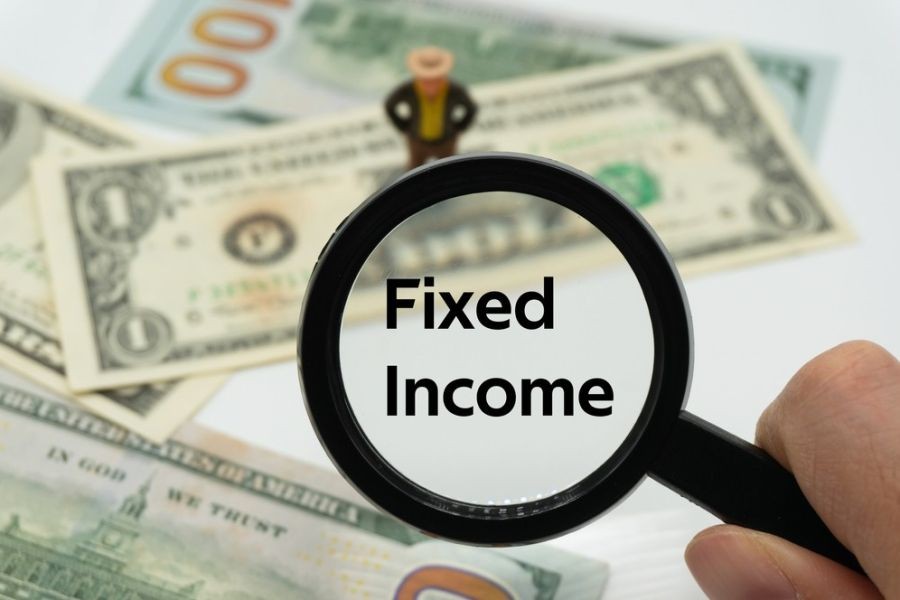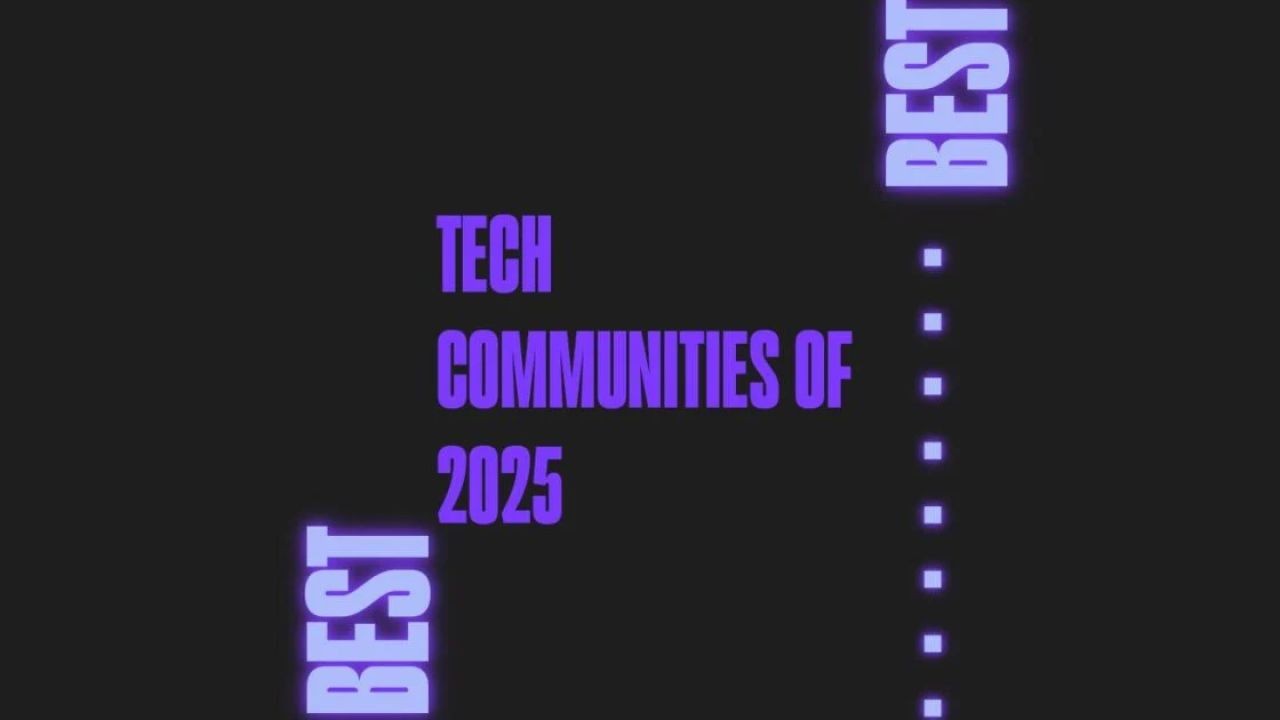In the dynamic landscape of emerging technologies, Artificial Intelligence (AI) and Blockchain are two of the most talked-about innovations. In Australia, these technologies are driving substantial changes across industries, from finance to healthcare. However, the question remains: which of these startups has more potential in the Australian market? This article delves into the intricacies of AI and Blockchain, analyzing their growth trajectories, market potential, and the regulatory environment in Australia.
Introduction to AI and Blockchain Startups
Artificial Intelligence startups are leading the charge in automation and data analytics, offering solutions that enhance productivity and decision-making processes. Meanwhile, Blockchain startups are redefining how data is secured and transactions are conducted, with applications ranging from financial services to supply chain management. The potential of these technologies in Australia is significant, but they face unique challenges and opportunities.
Market Trends and Economic Factors
AI and Blockchain have been identified as strategic growth areas by the Australian government, with policies in place to foster innovation. According to the Australian Bureau of Statistics (ABS), the digital economy is projected to contribute a significant portion of GDP growth by 2025. The Reserve Bank of Australia (RBA) has also highlighted the role of these technologies in enhancing financial services.
AI Startups: Current State and Future Potential
AI startups in Australia are benefiting from a robust ecosystem of support. Programs like the National AI Centre and the AI Action Plan are designed to accelerate AI adoption across industries. The potential for AI startups is vast, as they address critical needs in sectors such as healthcare, where AI-driven diagnostics are improving patient outcomes.
Blockchain Startups: Disruptive Capabilities and Challenges
Blockchain startups are gaining traction, particularly in the financial services sector. The Australian Securities and Investments Commission (ASIC) has been proactive in providing clarity on regulatory frameworks, which is crucial for the growth of Blockchain applications like cryptocurrency exchanges and smart contracts. However, scalability and interoperability remain challenges.
Case Study: An AI Success Story
Case Study: Canva – Revolutionizing Design with AI
Canva, an Australian graphic design platform, has leveraged AI to enhance user experience significantly. The company faced the challenge of enabling non-designers to create professional-quality graphics effortlessly.
Action: Canva integrated AI tools that suggest design improvements and automate repetitive tasks, enhancing its platform's functionality.
Result: Canva's AI-driven approach has contributed to a user base growth of over 60 million monthly active users globally, with revenue exceeding AUD 1 billion annually.
Takeaway: AI can drive massive user engagement and revenue growth, especially when it simplifies complex processes for end-users.
Comparative Analysis: AI vs. Blockchain Startups
While both AI and Blockchain offer transformative potential, their trajectories differ significantly. AI startups are more mature, with established use cases and a supportive regulatory environment. Blockchain startups, on the other hand, are still navigating regulatory complexities and technological challenges but offer revolutionary possibilities in decentralization and transparency.
Pros and Cons of AI Startups
- Pros:
- Wide range of applications across industries
- Strong government support and funding initiatives
- Proven track record of improving efficiency and decision-making
- Cons:
- High initial development costs
- Ethical concerns regarding data privacy and AI bias
- Complex integration with existing systems
Pros and Cons of Blockchain Startups
- Pros:
- Potential for high security and transparency
- Decentralization reduces reliance on intermediaries
- Growing interest in crypto-assets and smart contracts
- Cons:
- Scalability issues with current Blockchain technology
- Regulatory uncertainty in certain applications
- Energy consumption concerns
Regulatory Insights and Challenges
The Australian Competition & Consumer Commission (ACCC) and the Australian Prudential Regulation Authority (APRA) play critical roles in shaping the regulatory landscape for these technologies. For AI, the focus is on ethical use and data privacy, whereas Blockchain regulation aims to prevent financial crimes and ensure market stability.
AI Legislation and Policies
The Australian government has launched initiatives like the AI Ethics Framework to guide the responsible development and deployment of AI technologies. These guidelines aim to balance innovation with ethical considerations, ensuring AI benefits society as a whole.
Blockchain Regulation
Blockchain regulation in Australia focuses on ensuring compliance with financial laws, particularly anti-money laundering (AML) requirements. The Australian Taxation Office (ATO) also plays a role in taxing cryptocurrency transactions, which impacts Blockchain startups significantly.
Common Myths and Mistakes
- Myth: AI will lead to massive job losses. Reality: While AI automates certain tasks, it also creates new job categories, particularly in AI development and maintenance.
- Myth: Blockchain is only for cryptocurrencies. Reality: Beyond cryptocurrencies, Blockchain is used in supply chain management, healthcare, and more.
- Myth: Australia lags in tech adoption. Reality: Australia is a leading adopter of AI and Blockchain, with substantial government and private sector investments.
Future Trends and Predictions
By 2028, it's predicted that AI will be integrated into 70% of Australian businesses, significantly impacting productivity and innovation (Source: CSIRO). As for Blockchain, Deloitte's 2024 report suggests that over 40% of Australian financial institutions will adopt Blockchain for secure transactions by 2026.
Conclusion: The Path Forward
In conclusion, both AI and Blockchain startups hold significant potential in Australia, albeit in different capacities. AI startups are poised for immediate impact with proven applications, while Blockchain startups offer revolutionary capabilities with long-term potential. Investors should consider the maturity, regulatory environment, and application scope when deciding where to allocate resources.
What’s your take on the future of AI and Blockchain in Australia? Share your insights in the comments below!
Related Search Queries
- AI startups in Australia 2023
- Blockchain technology applications in Australia
- AI vs Blockchain investment opportunities
- Australian government support for AI startups
- Future of Blockchain in Australia
People Also Ask
How does AI impact businesses in Australia?
AI helps Australian businesses enhance productivity and decision-making, with some reporting a 25% increase in efficiency due to AI integration (Source: Deloitte).
What are the biggest misconceptions about Blockchain?
A common myth is that Blockchain is only useful for cryptocurrencies. In reality, it's widely used in supply chain management and healthcare (Source: CSIRO).
What upcoming changes in Australia could affect AI startups?
By 2026, the Australian government plans to introduce new AI ethics regulations, impacting how startups develop and deploy AI technologies (Source: Treasury AU).
































android62com70
10 months ago